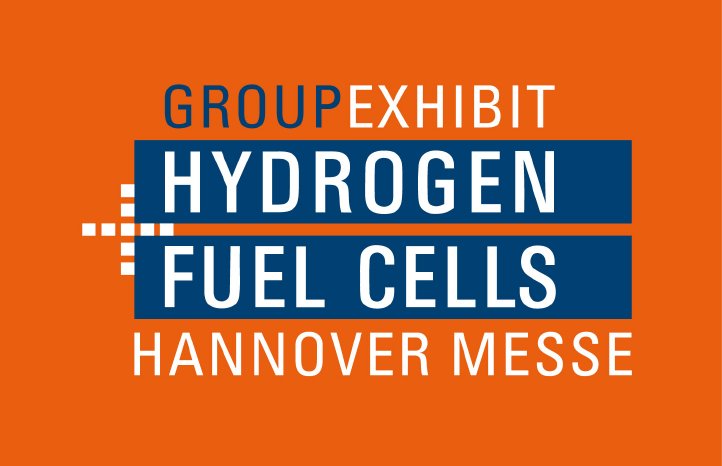Using hydrogen to store energy
An increasing amount of energy is produced from photovoltaic and wind systems – a trend that is becoming more apparent now that the focus is shifting towards renewable energy. Renewable energy sources however are characterized by high fluctuation and occasional excesses in electricity. The excess electricity can be used to produce hydrogen, which thus serves as an energy carrier. The hydrogen can then either be fed into the gas pipelines or later transformed back into electricity using gas turbines or fuel cells. Several exhibitors of the Group Exhibit Hydrogen + Fuel Cells at the HANNOVER MESSE 2012 will demonstrate various methods of hydrogen production and storage.
Experience fuel cell vehicles (open-air site, East of Hall 27)
During the HANNOVER MESSE 2012 the Clean Energy Partnership (CEP), Berlin will provide Opel (GM), Toyota, Honda and Volkswagen vehicles for a test drive, giving trade fair visitors the opportunity to get behind the wheel themselves. CEP – a consortium of currently 15 oil, energy and technology companies, the majority of the world’s largest car manufacturers, as well as two public transportation systems – was established to promote hydrogen as the "fuel of the future". The focus lies on demonstrating the practicality of hydrogen as a fuel, expanding the hydrogen fueling infrastructure and developing clean and sustainable hydrogen production processes.
Hydrogen production and vehicle refueling on the exhibition grounds
During all five days of HANNOVER MESSE Linde AG, Munich, will demonstrate the refueling of hydrogen fuel cell cars at the Ride & Drive area. The hydrogen will be supplied by a mobile hydrogen filling station.
ITM Power, Sheffield, UK will show hydrogen production directly on the exhibition grounds using water and electricity. This hydrogen will be used to refuel a fuel cell shuttle bus. All visitors of HANNOVER MESSE 2012 are invited to take a ride on this bus.
Fuel cells for homes: do-it-yourself heat and power
Decentralized generation of heat and power directly in the home - that’s the challenge that major utility companies along with fuel cell systems manufacturers are taking on together. The German organization Initiative Brennstoffzelle (IBZ) will showcase the heating appliances of Baxi Innotech GmbH (Hamburg) and Vaillant GmbH & Co. KG (Remscheid) as well as the CHP from Hexis AG, (Winterthur, Switzerland) which has a cogeneration output of up to 1 kW of electricity and 2 kW of heat.
The fuel cell-powered heater is connected to the gas network. A reformer inside the heater converts natural gas into hydrogen and carbon dioxide. In the fuel cell the hydrogen reacts with atmospheric oxygen that results in the controlled production of electricity and water. The major benefit of this process lies in decentralized electricity generation along with an opportunity to use the warmth resulting from energy generation to heat the premises and water.
Fuel cells for aviation
The German Aerospace Center (DLR) will show the fuel cell-powered nose wheel for the DLR-Airbus A320. An airplane fitted with a fuel cell-powered nose wheel can move from the gate to the end of the runway without emitting pollutants or using its engines. "This means that up to 19 percent of the emissions produced in airports can be saved and almost all noise can be eliminated during taxiing," explained Project Leader Dr. Josef Kallo from the DLR Institute of Technical Thermodynamics in Stuttgart.
DLR will also demonstrate the world's first manned airplane powered solely by a fuel cell, and fueled with hydrogen. Antares DLR-H2 can fly for five hours nonstop, without having to refuel and in this time cover over 750 kilometers. DLR’s research is aimed at developing the fuel cells that can serve as a reliable on-board power supply for long distance aircrafts in real-life conditions.
The Group Exhibit Hydrogen + Fuel Cells
The 5,000m² exhibition area spotlights the latest products and innovations from all sectors of this rapidly-growing industry: stationary, portable and mobile fuel cell applications, fuel cell stacks and components, test equipment for fuel cells and batteries, reformers, hydrogen production, transportation, storage and infrastructure.
PDF version of the press release: http://www.h2fc-fair.com/...
Photos of the HANNOVER MESSE 2012 highlights: http://www.h2fc-fair.com/...

